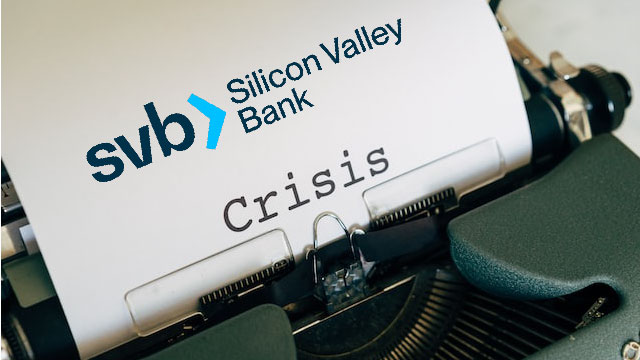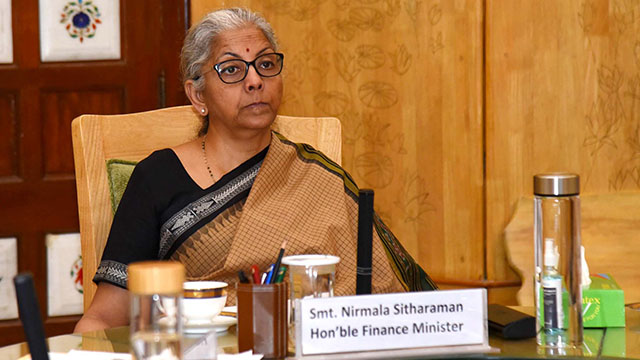The western banking industry has been experiencing a severe crisis, following the US-based Silicon Valley Bank’s collapse. There are reports that the crisis has also hit the 167-year-old Swiss bank Credit Suisse. With this, several experts are hinting at a possible global financial crisis, which others are downplaying.
In a letter to its clients, Goldman analyst Lotfi Karoui stated that the sector’s foundations were better and the global structural links were weaker than they were during the global financial crisis.
Karoui observed that this pattern significantly reduced the danger of a possible spiralling loss of partner credit. But to bring about some security, a more robust policy reaction is probably required, Karoui said.
While American banks as a whole have recently requested a record $153bn in emergency funding from the Federal Reserve, major US banks already this week gave a $30bn reprieve to smaller provider First Republic.
This was due to “funding and liquidity pressures on banks, driven by eroding depositor confidence”, according to ratings agency Moody’s, which this week lowered its prognosis on the US financial system to negative.
Greater oversight was the topic of discussion in Washington DC in order to guarantee that bank leaders would be held responsible.
US President Joe Biden urged Congress to give the regulatory authorities more control over the banking sector, including the ability to levy higher penalties, seize funds, and prohibit officials from failing institutions.
According to the office of Representative Adam Schiff, some Democratic legislators requested that the Justice Department and authorities look into Goldman Sachs’s involvement in the failure of SVB.
Since SVB’s collapse, banking stocks have suffered worldwide, prompting concerns about additional flaws in the western financial system.
On Friday, March 17th, US regional bank shares plunged precipitously, and the S&P Banks index suffered a 21.5% decline, the worst two-week calendar loss since the epidemic rocked markets in March 2020.
First Republic Bank lost more than 80% of its value over the previous ten trading days as of Friday’s close, falling 32.8%.
Investors were taken aback by statements regarding First Republic’s financial situation and the amount of urgent liquidity it required, even though backing from some of the biggest names in American banking stopped the company from collapsing this week.
The collapse of SVB, on the other hand, highlighted how pressure was being placed on the banking industry by the US Federal Reserve and other central banks, including the European Central Bank this week, through a relentless campaign of interest rate increases.
Many experts and authorities have said SVB’s demise was due to its specialist, tech-focused business model, while the broader banking system was much more resilient thanks to changes implemented in the years after the global financial crisis.
The financial system may continue to experience issues as a result of the main developed countries’ high-interest rates, a top official at China’s central bank warned on Saturday.





